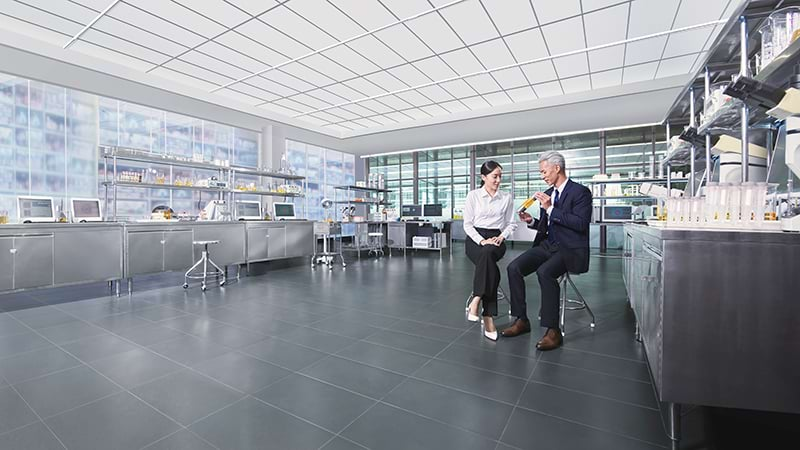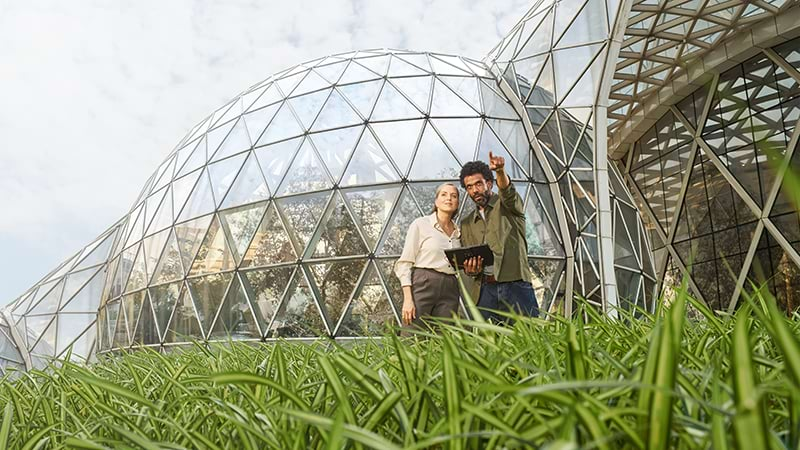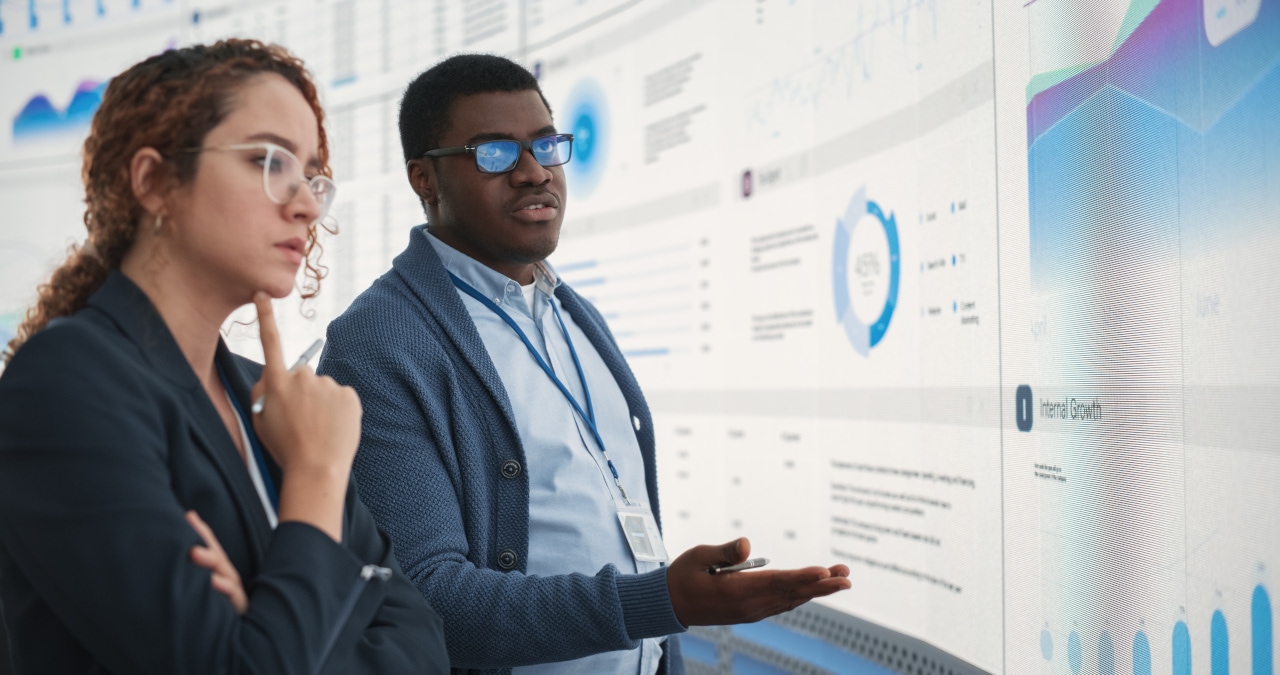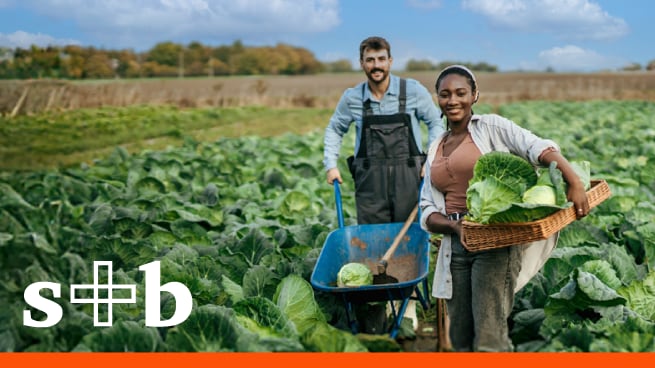Make it happen with PwC
We map the industries of tomorrow so you can start navigating yours today
We map the industries of tomorrow so you can start navigating yours today
Insights
Investors look for resilience and innovation in 2026
As AI and geopolitics reshape the economy, investors seek companies focused on technology, competing across sector boundaries, and transparency about the risks accompanying innovation. Learn more in our Global Investor Survey.

Sharp takes on what’s next

We unite expertise and tech so you can outthink, outpace and outperform

AI, climate change and geopolitical shifts are reconfiguring the global economy.


That's where we come in.
PwC brings the sharpest minds in tech.
Deep expertise that industries are built on.
And rolling up our sleeves to deliver results.
Alongside you. Start to finish.
so you can stay ahead protect what you build create new value
So you can
So you can

We know how your business works so you can put AI to work for your business

We bring expertise that industries are built on so you can make decisions your future can stand on

Our Alliances, your bold moves
We work with tech’s titans and trailblazers so you can think like a startup, scale like a giant

We enhance strategy with sustainability so you can strengthen resilience and returns
Insights
We look a decade ahead so you can create value today
Last year, we estimated there was US$7 trillion to be won through reinvention. We’ve mapped the value in motion from 2025 to 2035, so you can build a future-ready business to capture it.

Case studies
Real stories. Real results.

GE: Pioneering a new era—creating three independent industry leaders
Discover how PwC helped execute GE’s bold transformation into three industry-leading companies, fuelling innovation, global efficiency, new growth possibilities and deals transformation.

Using technology to facilitate access to healthcare in India
Find out how PwC India helped a client develop a smartphone-based solution that enables cataract screening for the elderly at near zero cost.

Engine by Starling: From launching a bank to launching a software business
PwC UK and Starling Bank are revolutionising the banking industry by offering Starling’s digital platform, Engine, to banks around the world.
We build for what’s next so you can get there now
PwC brings the sharpest minds in tech.
Deep expertise that industries are built on.
And rolling up our sleeves to deliver results.
Alongside you. Start to finish.
So you can

We know how your business works so you can put AI to work for your business

We bring expertise that industries are built on so you can make decisions your future can stand on

Our Alliances, your bold moves
We work with tech’s titans and trailblazers so you can think like a startup, scale like a giant

We enhance strategy with sustainability so you can strengthen resilience and returns
Careers
PwC is all about you. Whether you’re just starting out or are an experienced professional, your future starts here.
Press room
Get to know PwC’s leadership, keep up with our latest news, and find the regional contact person you need.
Offices
Global network. Global access. We are present around the world. Find us wherever you need us.













